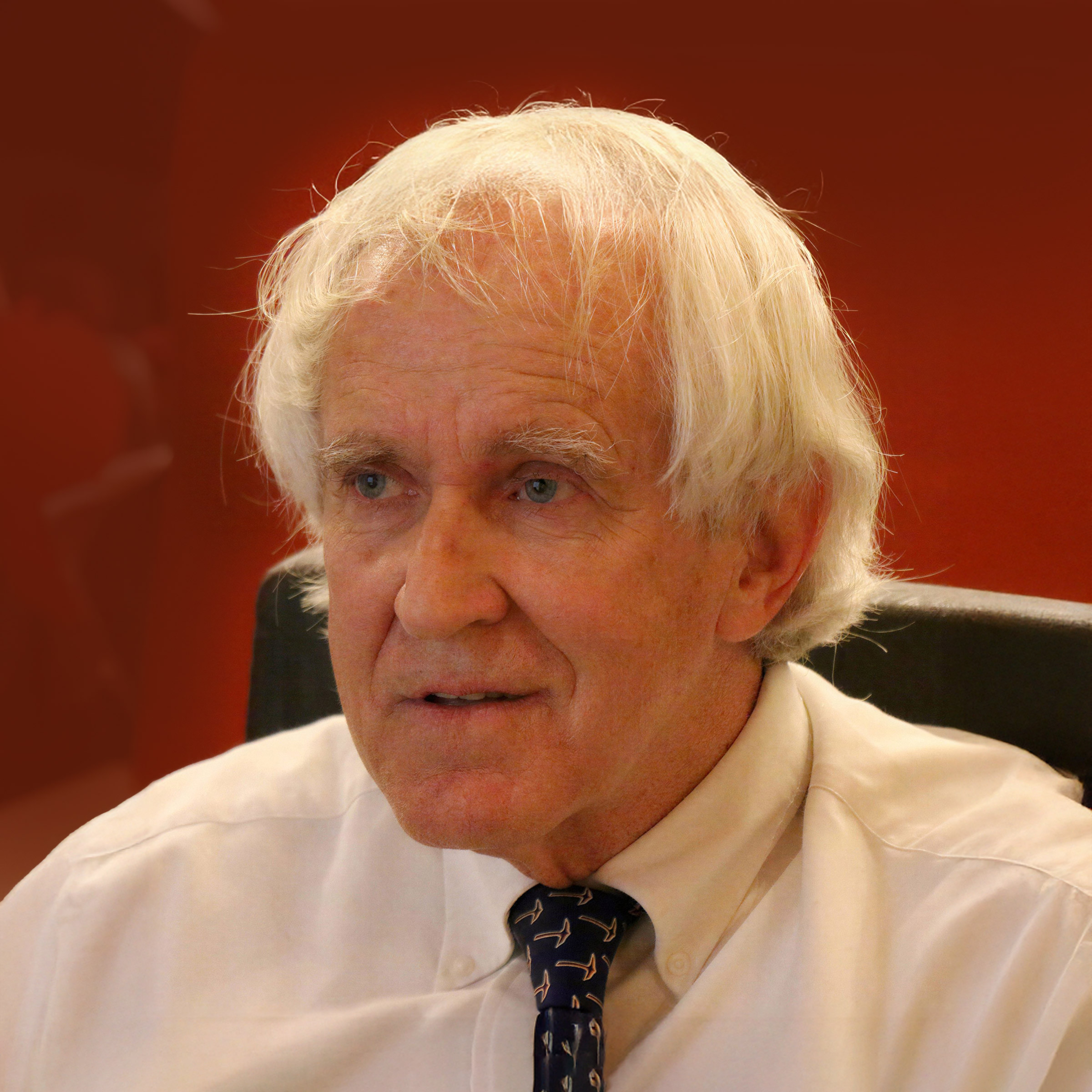Editor’s note: We are delighted to welcome the publication of a new book by CSC Senior Fellow Winston Ewert, The Heavens, the Waters, and the Partridge: The Historical Interaction of Faith and Science Before Modern Science (Inkwell Press). The following is excerpted from the Preface.
Our subject in this book is the history of the interaction of Christian theologians and apologists with the science of their day before the advent of modern science. For our purposes, we take modern science to begin with the Copernican Revolution which began in the 16th century. Much has been written about the interaction of the Church with the science of the modern era, but relatively little focus has been placed on that interaction before the modern era.
I would seem like an odd choice for the author of such a work because I’m neither a historian nor a theologian, but rather a computer scientist. For computer scientists, nothing worth mentioning happened in history before 1900, let alone 1543. How did it arise, then, that I took upon myself the task of writing this book?
Intelligent Design and Evolution
I have for some time been involved in the debate over intelligent design and evolution. I have used my skills as a computer scientist to defend the traditional Christian claim that the world was designed by a supreme intelligence and that we can discern this from our study of the natural world. Intelligent design has many critics. Some of these critics are non-Christians who are understandably hostile to any claim that the Christian God or anyone like him is responsible for the creation of the world.
However, other critics come from within the faith. These Christian critics still believe that God created the world, but believe that he acted in a way compatible with mainstream scientific theories about its origin and development. For them, intelligent design is not just wrong; but dangerous. They believe that the Church must make peace with the science of our day, accepting what its adherents take to be well-established scientific theories. Opposing these theories can have no other effect than to expose the gospel and our faith to ridicule.
These critics sometimes quote the immensely influential Church father, Augustine, in support of their position:
Now, it is a disgraceful and dangerous thing for an infidel to hear a Christian, presumably giving the meaning of Holy Scripture, talking nonsense on these topics; and we should take all means to prevent such an embarrassing situation, in which people show up vast ignorance in a Christian and laugh it to scorn. The shame is not so much that an ignorant individual is derided, but that people outside the household of faith think our sacred writers held such opinions, and, to the great loss of those for whose salvation we toil, the writers of our Scripture are criticized and rejected as unlearned men. If they find a Christian mistaken in a field which they themselves know well and hear him maintaining his foolish opinions about our books, how are they going to believe those books in matters concerning the resurrection of the dead, the hope of eternal life, and the kingdom of heaven, when they think their pages are full of falsehoods on facts which they themselves have learnt from experience and the light of reason?
Augustine, The Literal Meaning of Genesis. 1, Book 1, Chapter 19
Augustine writes of Christians who defend ignorant nonsense and attribute that nonsense to the Scriptures. They believe that their position is taught in Scripture, but reason and experience show their ideas are undeniably false. As such, they are quickly exposed as ignorant fools. This would not be so bad if it were simply a case of ignorant men being subjected to ridicule. However, because they have invoked the Scriptures in support of their ignorance, now the Scriptures are also subject to the same derision. Those outside of the faith, seeing this, will be led to conclude that the Scriptures also teach this ignorant nonsense. As a consequence, they will reject the whole of Scripture and their souls will be lost.
Augustine’s Central Point
Certainly, nobody could reasonably dispute the central point that Augustine is making. No Christian wants to needlessly introduce stumbling blocks to those outside the faith by incorrectly attributing false views to the Scriptural text. All Christians can profitably learn a lesson of care and discernment in what views they hold and, especially, which views they claim are taught in Scripture.
However, nobody thinks this about their own views, but rather about the views of other Christians. Theistic evolutionists think this about old-earth creationists. Old-earth creationists think this about young-earth creationists. Young-earth creationists think this about geocentrists. Geocentrists think this about flat-earthers. Yes, there are today a small number of Christian geocentrists and flat-earthers. Nobody thinks of themselves as the problem, but rather that those other Christians are the problem. Thus, the holders of these various positions will argue among themselves about which views are ignorant nonsense, needlessly introducing stumbling blocks to the faith, and which are actually taught by the Scriptures.
However, when I read this passage, I found myself asking a somewhat different question: What in the world was Augustine talking about?
What Did He Have in Mind?
Augustine lived in the fourth and fifth centuries, long before the advent of modern science. The controversies that we have today over Darwinian evolution, universal common ancestry, and the age of the earth were still far into the future. Augustine could not have had our modern controversies in mind when he wrote that passage. But what did he have in mind? What were the foolish, ignorant claims that Augustine was concerned about Christians making? I realized that I had no idea what issues Augustine was concerned about.
I dislike not knowing something, so I set about to find out by reading Augustine’s book, On the Literal Meaning of Genesis. To my surprise, Augustine does not merely briefly touch upon science. Instead, the interaction between the creation narrative and the science of his day is a major theme of Augustine’s work. Where I expected Augustine to primarily develop symbolism found in the Genesis text, he instead primarily evaluates and attempts to resolve various difficulties in the text. Some of these difficulties were scientific, whereas others were more philosophical or theological. Overall, his commentary primarily focuses on resolving various objections that were raised against the creation account. This was not what I had expected, but I found it very interesting.
So began my journey into the history of the interaction of Christianity with the science of its day. Augustine, I quickly discovered, was not alone. Other Christians throughout history have also interacted with the science of their own day. Examples include early church fathers such as Basil and Chrysostom, scholastics such as Aquinas, and reformers such as Luther and Calvin. They discussed a surprising variety of issues. I began to understand that there was a rich history of the interaction between the Church and premodern science, but not one that is widely known or appreciated. It is a story that I think deserves to be better known and appreciated.









































